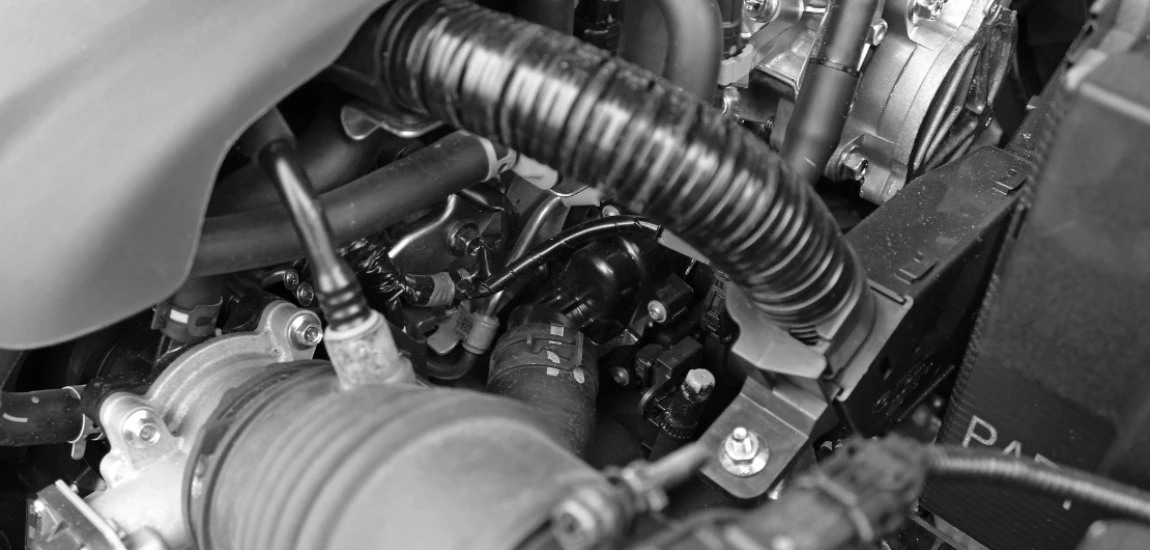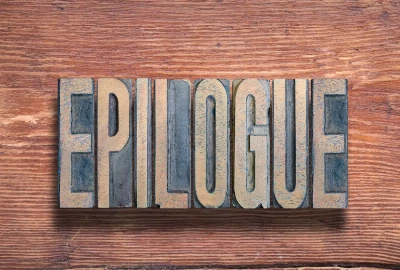The Lore Engine: Automating Mythology for Persistent Worlds

Stories have always shaped civilizations—whether carved into stone tablets or coded into game engines. But as digital worlds grow larger and more complex, creators face a new challenge: maintaining coherence across ever-expanding universes. Enter the Lore Engine—an AI-powered system designed to automate mythology, track world history, and evolve persistent narratives without human micromanagement.
In this new era of storytelling, mythology isn’t static—it’s alive. The Lore Engine operates like an autonomous librarian and dreamweaver combined, weaving myths that respond to player choices, cultural shifts, and even real-world data. For writers, developers, and digital architects, this represents a paradigm shift: from scripting linear plots to cultivating evolving ecosystems of narrative logic.
This blog explores how automated mythology works, why persistent worlds demand it, and how creators can harness these systems responsibly. From AI narrative frameworks to ethical considerations, we’ll unpack what happens when the oldest human art—mythmaking—meets the most advanced storytelling tool ever built.
The Concept of a Lore Engine: From Codex to Code

Defining the Lore Engine
A Lore Engine is an artificial intelligence system designed to manage, generate, and evolve the mythology, history, and culture of fictional universes. Instead of relying solely on human writers, it can automatically update backstories, genealogies, and cultural details as a world changes. Imagine a mythology that updates itself whenever a hero dies, a new city rises, or an ancient prophecy is fulfilled.
Why Story Coherence Matters in Persistent Worlds
In massive open-world games, metaverse platforms, or narrative-driven simulations, inconsistencies in lore can destroy immersion. A character’s forgotten backstory or an illogical event chain can break player trust. The Lore Engine prevents this by serving as a living database that keeps every myth, law, and legend consistent across time—ensuring narrative persistence that feels organic and believable.
Inspiration from Ancient Myth Systems
Ancient mythologies, from Norse sagas to the Mahabharata, evolved over centuries through oral storytelling—a slow but self-regulating system. The Lore Engine replicates this adaptability through algorithms, allowing digital mythologies to grow dynamically, mirroring the natural evolution of human cultural memory.
How Automating Mythology Works

AI Story Grammars and Procedural Worldbuilding
At its core, automating mythology depends on procedural generation—a technique where algorithms create content dynamically based on rules or “story grammars.” The Lore Engine uses these grammars to generate believable mythic patterns: pantheons, heroes, moral codes, and cosmologies that align with existing lore structures.
Feedback Loops and Persistent Lore Evolution
A key element of automated mythology is the feedback loop. Player actions, global events, or narrative triggers feed data into the Lore Engine, prompting it to evolve the world’s mythology. A kingdom’s fall might spawn new religions or prophetic texts, just as real human societies reinterpret history after major events.
AI and Human Collaboration
The goal isn’t to replace writers but to augment them. Writers provide the mythic DNA—the core archetypes and metaphysical laws—while the Lore Engine extrapolates new legends and histories. This hybrid model allows creators to maintain control while scaling storytelling far beyond traditional limits.
The Role of Mythology in Persistent Worlds

Myth as the Backbone of Culture
Mythology isn’t just decorative—it’s infrastructure. It governs how characters interpret reality, what values societies uphold, and how players understand their place within a digital cosmos. A robust mythology makes even the strangest worlds feel emotionally grounded.
The Persistence Problem
Persistent worlds—those that continue evolving even when players log off—require an ever-updating mythology. Without it, the lore stagnates and becomes irrelevant to ongoing events. Automating mythology ensures that every new event adds depth to the world’s cultural history, rather than fracturing it.
Simulated Cultures and Emergent Storytelling
When AI-driven myth systems operate over time, entire simulated cultures can emerge. These cultures produce their own art, religions, and legends—sometimes surprising even their creators. This phenomenon, known as emergent storytelling, turns the Lore Engine into a kind of digital anthropologist, observing how fictional civilizations mythologize their own experiences.
Ethics and Authenticity in Automated Mythmaking

Cultural Sensitivity and Appropriation
Automating mythology raises ethical concerns about cultural appropriation. If an AI generates myths inspired by real-world traditions, who owns that narrative? Responsible creators must curate training data carefully, ensuring cultural respect and transparency about how myths are synthesized.
The Illusion of Sacredness
As machines start generating sacred-like stories, creators must address whether these narratives can or should hold emotional or spiritual significance. A Lore Engine may simulate belief systems, but it can’t experience faith. Balancing emotional realism without exploiting genuine spirituality is key.
Human Oversight and Narrative Sovereignty
Ultimately, human oversight remains essential. Writers and cultural consultants should act as curators, shaping the mythic frameworks within which the AI operates. This maintains narrative sovereignty—ensuring that automation serves creativity rather than erasing it.
The Future of Automated Mythology and Persistent Worlds

The Dawn of Self-Writing Universes
We’re entering an era where worlds can write themselves. In gaming, this means every playthrough becomes a unique mythic cycle. In literature, it could enable infinite epics—stories that evolve over decades, adapting to new readers and technologies.
Cross-Media Integration and the Metaverse
Lore Engines could power interconnected mythologies across films, games, and immersive environments. Imagine a hero born in a video game whose legend echoes through an AR experience or a streaming series—all maintained by the same underlying AI mythology network.
Toward Synthetic Culture and Living Fiction
The ultimate evolution of the Lore Engine may be synthetic culture—entire societies that produce art, philosophy, and folklore autonomously. These living fictions won’t just entertain; they’ll study themselves, raising questions about authorship, consciousness, and the limits of storytelling.




